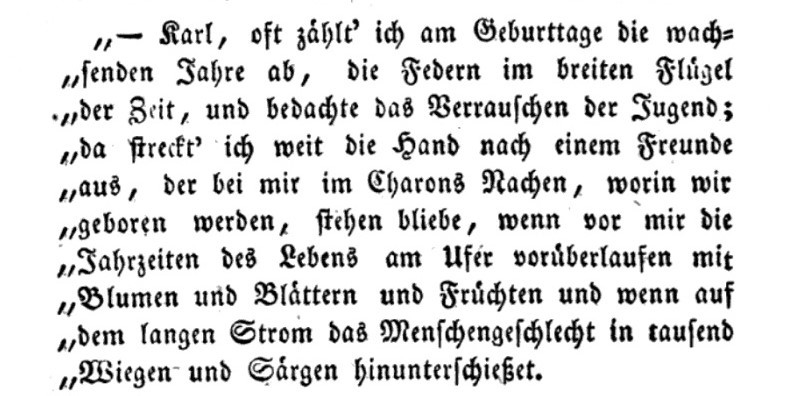W. H. Wakinshaw? Erma Angevine? Karl Brandt? Harold Davies? Anonymous?

Question for Quote Investigator: Critics of politicians and regulators complain about the preferential treatment given to some companies which act irresponsibly. A company that makes a risky bet or sells a dubious product is protected from the negative consequences by governmental intervention. Yet the same company collects profits when their strategy succeeds. Here are three versions of a pertinent description:
(1) Privatize profits and socialize costs
(2) Socialize the losses and individualize the gains
(3) Individualizing profits and socializing risks
Would you please help me to trace this family of expressions?
Reply from Quote Investigator: The phrasing of this notion is highly variable; hence, it is difficult to trace. Here is an overview depicting the evolution of the statement together with dates and ascriptions.
1924: Succeeded in individualizing their profits and socializing their risks (W. H. Wakinshaw)
1952 May: A policy that attempts to socialize the losses and to individualize gains (Karl Brandt)
1971 Oct: They pocket the profits and socialize the losses to be passed on to everyone (James Branscome)
1971 Nov: Capitalized the profits while socializing the losses (Harry M. Caudill)
1972 Sep: To socialize the losses while industry continues to individualize the profits (Erma Angevine)
1974 Aug: Socialize the losses on big projects and privatize the profits (Harold Davies)
1975 Feb: Socialize the losses and keep the profits private! (Attributed to boardroom philosopher)
1977 Mar: They want to socialize the risks and privatize the profits (Gene R. La Rocque)
2024 Jun: Socialize the cost and privatize the profit (Old Adage)
Below are details for selected citations in chronological order.
Continue reading “Saying Origin: Socialize the Costs and Privatize the Profits”








